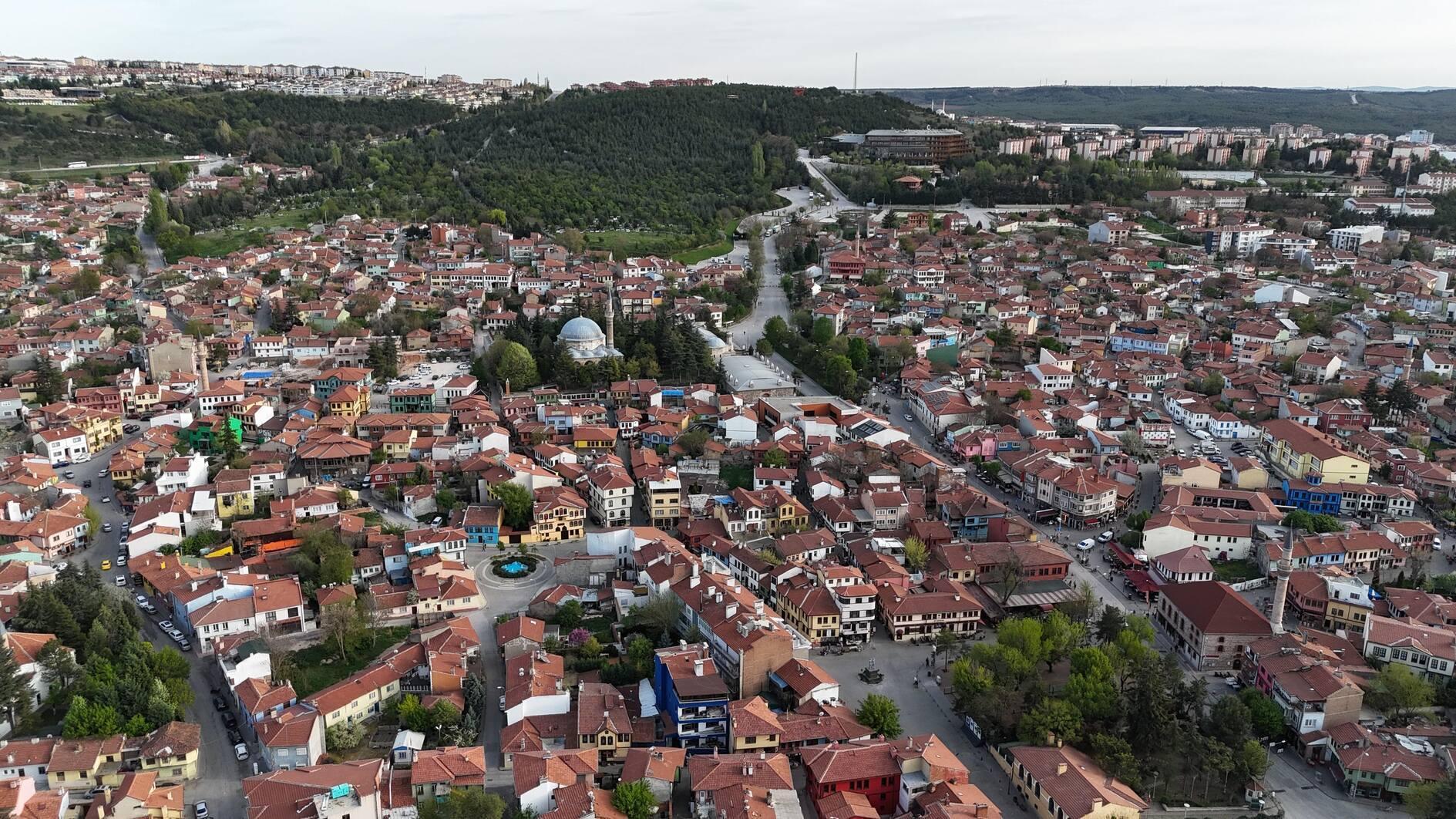When a justice minister is worried about his children...
Turkish Justice Minister Abdulhamit Gül has told Hürriyet’s Ankara Bureau Chief Hande Fırat that he is worried about his three-year-old son and 11- and 12-year-old daughters after reading about the rise of child molestation and similar sexual assault cases. “I am terrified as a father. We have to do everything to stop this,” he said.
Gül has set up a commission composed of six cabinet ministers. The commission aims to enact drastic measures and changes in the law to combat the abuse of women and children, committed mostly by men who are close to them, such as husbands, fathers, brothers, uncles, boyfriends, neighbors and teachers.
The hair that broke the camel’s back and triggered the commission’s foundation was a case in the southern city of Adana, in which 20-year-old Sedat Keser was caught red-handed trying to sexually assault his neighbor’s sleeping four-and-a-half-year-old daughter during a wedding ceremony on Feb 10. The police narrowly saved him from being lynched and the prosecutor asked for 66 years in prison.
According to the Platform of Stopping Murder of Women, in 2017, 409 women were killed in sexually related murders, 332 women and children were subject to lesser forms of sexual violence and 398 children were molested or raped by men. The numbers are on rise every other year.
Some mostly conservative politicians used to put the blame partly on the media because reporting such cases publicized the bad examples, but now most politicians agree that the media has helped to raise public awareness of the issue. For example, fewer and fewer journalists use terms such as “honor killings.” Some judges have started to make demands for “time off for good behavior” or “extenuating circumstances.”
Opposition parties give full support for the aggravation of current penalties. Some, like Devlet Bahçeli of the Nationalist Movement Party (MHP), want the reinstitution of the death penalty for those convicted of sexual assault and terrorism.
Some, like Kemal Kılıçdaroğlu of the social democratic Republican People’s Party (CHP), do not support the death penalty but advocate for the heaviest possible aggravated sentences with no time reduction, as well as education programs to raise awareness among children. President Recep Tayyip Erdoğan has also said there should not be mercy or amnesty for molesters.
One of the measures debated in public is the chemical castration of molesters, on which there are also differing views. Sare Aydın Yılmaz, the chair of the Women and Democracy Association (KADEM), wanted the parliament to allow chemical castration, in addition to the heaviest possible penalties.
Canan Güllü, chair of the Federation of Women Associations of Turkey (TKDF), said castration would fall short in preventing the repetition of assaults and that aggravated penalties without amnesty should be a must. Raşit Tükel, the chair of the Turkish Medical Association (TTB), said chemical castration would only be a temporary medical intervention. He said the potential of the attacker would not be diminished because as soon as the medication is stopped, the threat could be imminent. Filiz Kerestecioğlu of the Peoples’ Democratic Party (HDP) said the forced decrease of hormones might not be a guarantee in stopping the assailant.
The aggravation of measures to fight and deter sexual violence against women and children is a hot topic in Turkey, thanks to the persistent efforts of women associations and their echoes in responsible media outlets, which have found a response in politics.











